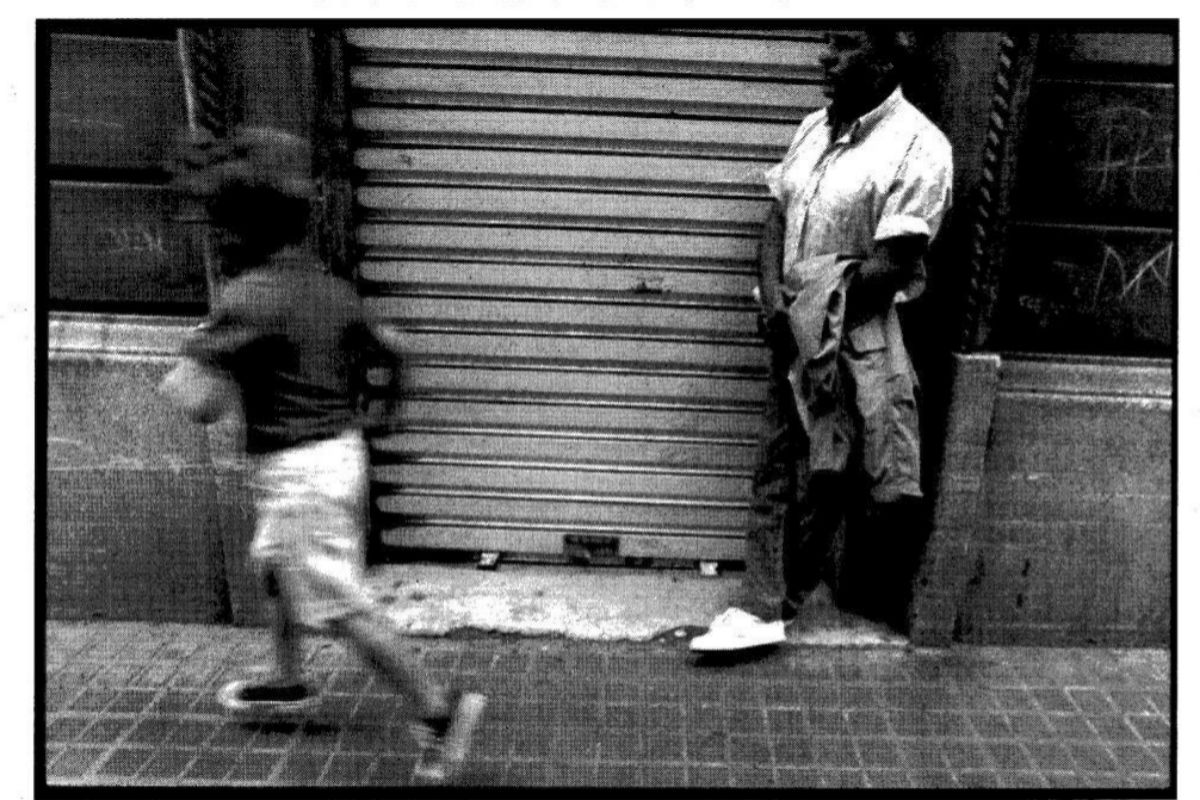- Juan Marsé dies, inventor of Barcelona
- Special Mardé's spell
In twentieth century Spanish literature there was an almost funny phenomenon: from time to time, a young writer with origins in the working class entered the club of success. Then, the bourgeois colleagues who became their peers congratulated themselves on the new sensations that awaited them: Marsé's mockery, Umbral's cockiness, Terenci's disdain ...
Life Juan Marsé was the great social ascent through the literature of his generation, although, in reality, Marsé was not the poor boy who has been told many times. His family and initial destiny were in line with what was then called skilled labor, a working class on the way to becoming middle class . His adoptive father had been a rather solitary Catalanist who had only been able to provide him with a mediocre education and culture (he began to work at the age of 13), but he was not a marginal or uprooted person. He himself expressed many times his bewilderment at this social misunderstanding. After posting Last Afternoons with TeresaMarsé was invited to give talks on the labor movement and on the marginal environments of Barcelona, but he refused because, in reality, he knew little about either unions or quinquis.
Travel back to the 50s. Marsé in his twenties fixed clocks in the morning in a plant where 30 people worked. At night, in a small room decorated with a photo of Edith Piaf, he wrote film reviews, letters and his first stories, which were more or less in line with the idea of neorealism. What do we understand by neorealism? A more detached, cold and unexplained version of social realism: stories without emphasis through which characters a little lost in the system were parading. The outskirts of Luis Goytisolo, El Jarama by Sánchez Ferlosio, the books by Luis Martín-Santos, Nada by Carmen Laforet ... That kind of thing seems to be Locked up with a single toy; years later , the first novel by Marsé (1960), which caught the attention of the good boys who were inside.
Carlos Barral and Jaime Gil de Biedma were the first to bet on Marsé's career: they recommended that he go to Paris to write and they got him "a travel bag" to start his new life. In Paris, Marsé was employed as a laboratory waiter by Jacques Monod, a Nobel Prize-winning chemist, taught Spanish, translated films, and did what Spanish writers did in Paris: he entered the Communist Party. Everything in his environment led him to the PCE. Monod was a communist and Barral was determined to promote " a pre-revolutionary literature, on the verge of a great transformation " (later, he recognized that it was a mistake). So Juan Marsé issued a license in 1962.
Actually, the writer was late. By 1962, many of the new PCE's most valuable militants had already been expelled or were about to fall out of favor after the fiasco of the 1959 general strike: Javier Prdera, Carlos and Jorge Semprún, Fernando Claudín ... The party was bad at tolerating free spirits and Marsé wasn't going to be more successful either. The book that Marsé brought from Paris was Last Afternoons with Teresa, which, among other things, is a refutation of the revolutionary literature promoted by Barral. Neither the bourgeoisie was decadent nor the working class was especially noble, nor did the outcome announce a revolution.
A year and a half later, Marsé left the Party, as he himself said, angered by the intransigence towards the sexual conduct of a friend. Marsé was referring to the famous incident of Jaime Gil de Biedma, whose candidacy for militancy was rejected because he was homosexual (and that made him incompatible with clandestinity, according to the PCE's self-explanatory account). Marsé spent those years leaving. He left the great family of the Gauche Divine because they seemed petulant . Over the years he dedicated a little book to them in which he satirized them and in which he said that the albino monkey Snowflake was the only valuable character of that time. He must not have wanted to be the group's mascot, the posh guest at the party.
According to the criteria of The Trust Project
Know more- IU
- culture
- literature
- Barcelona
Literature The phenomenon of The Shadow of the Wind by Carlos Ruiz Zafón: the worldwide success of Spanish literature
LiteratureThe Barcelona of the Dragon by Carlos Ruiz Zafón
LiteratureBooks for lonely children in sad years
See links of interest
- Last News
- English translator
- TV programming
- Quixote
- Work calendar
- Daily horoscope
- Santander League Ranking
- League calendar
- TV Movies
- Themes
- MotoGP Spanish Grand Prix, live
- Formula 1 Hungarian Grand Prix, live

